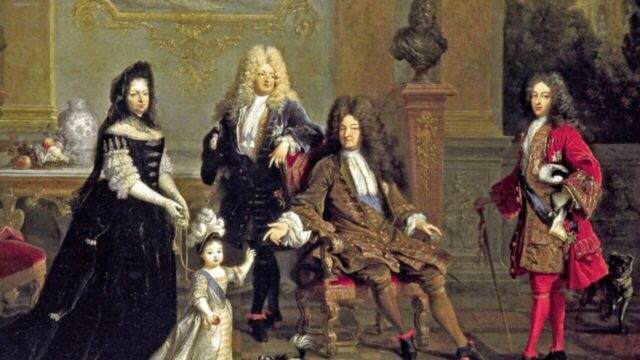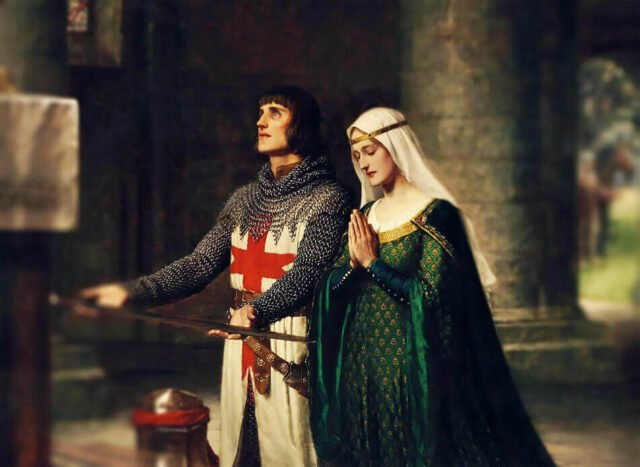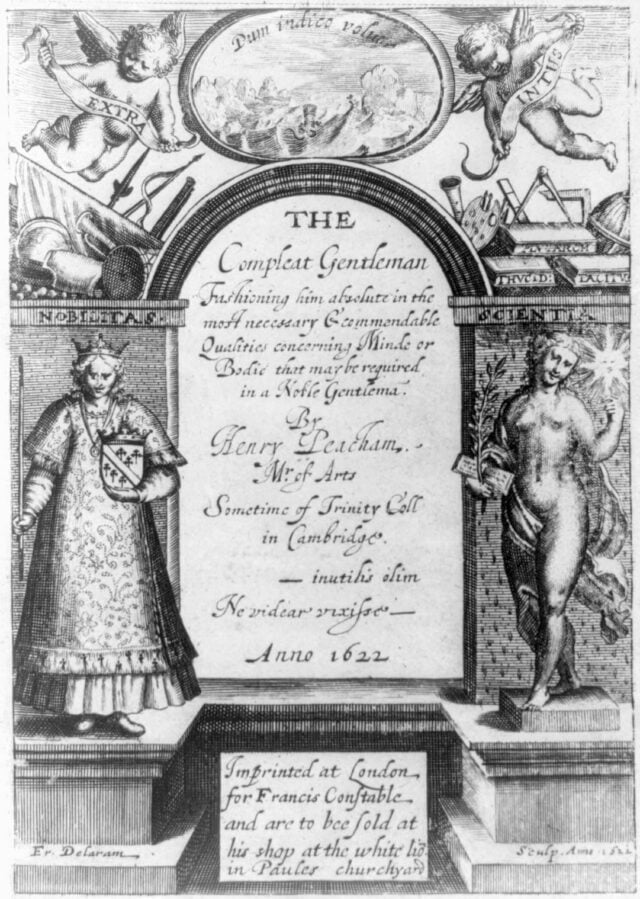Unlike the present use of the word ‘gentleman‘, it wasn’t always used to describe a chivalrous or well-mannered man. The word was linked with ‘nobility’ to an extent in its initial days.
Originally the word denoted a man from a good family and status, and in British history, it denoted a man who was entitled to bear arms.
Progressive Timeline Of The Word
The word is derived from the Latin word ‘gentilis‘ and in many English-Latin documents it was translated as ‘generous‘. This is one of the reasons for its present meaning being related to well-mannered men.
14th And 15th Century:

During this time men were divided into two major classes; ‘nobiles‘ and ‘ignobiles’.
The nobiles were mostly men who were esquires, freemen or knights while ignobiles were serfs, citizens or burgesses.
The gentlemen were roughly what nobiles were at that time.
By 1413, its use was increasing. Feudal Aids which was a list of landowners published in 1431, described a number of them as ‘Gentilmen‘.
The ‘black death‘ pandemic had adverse effects on the economy which caused sons of many noble people to depend on the royal court or having to seek money in continental wars.
These young men started to describe themselves as gentlemen.
Read More: Why This Indian Woman Finds Empowerment In Identifying As A Witch
16th And 17th Century:

At this point, a man who was entitled to bear arms was a ‘gentleman‘.
Anyone who had attained what was called ‘Herald’s recognition of the right to bear arms‘ (Herald was a medieval officer who was also known as the king of arms) constituted a class called ‘Gentry’.
Gentry is firmly rooted in the history of the word.
Many ignobiles too were able to attain the recognition to bear arms as well. So by this time, the scope of the word had expanded drastically.
18th And 19th Century:

In the 18th century, Sir Richard Steele said that “the appellation of Gentleman is never to be affixed to a man’s circumstances, but to his Behaviour in them.”
The word was now widely being used in public places as a synonym of ‘men’ too.
But even with the wide usage, the society accepted only those men as gentlemen who could engage in employment in professions other than manual labour or retail trade.
Present-Day Translations Of The Word ‘Gentleman’

Today, the word is more or less similar to what Richard Steele described in the 18th century.
You have to earn the respect of society with your behaviour to be called a gentleman. But still, the history of the term is deeply embedded in our minds.
If you hear someone say gentlemen, you’ll automatically visualize someone wearing a tux and engaging in chivalrous activities which was once only done by ‘noblemen’.
But being a gentleman has become synonymous with who a man is or who he aspires to be, someone who can live up to the ideal expectation the society has set for men.
But is it really ‘gentle’ of us as a society to prescribe what an ideal man should be like?
Image Credits: Google Images
Sources: Britannica, Wikipedia, Theodora Encyclopedia
Find Blogger at: @divijajainn
This post is tagged under: gentlemen, gentleman, what are gentleman, why are men called gentlemen, what is history of gentlemen, where did gentlemen word originate, history, historical facts, who are gentlemen, gentil, latin word, noblemen, noblemen of medieval times, gentlemen of medieval times
Other Recommendations:
Ever Wondered How Similar E-Commerce Websites And Fuccbois Are?


































